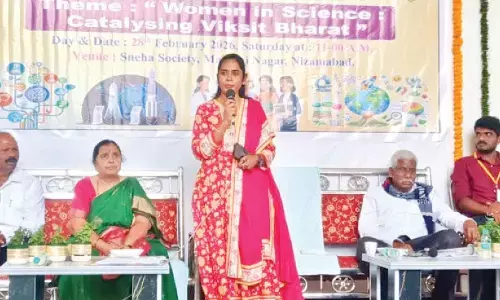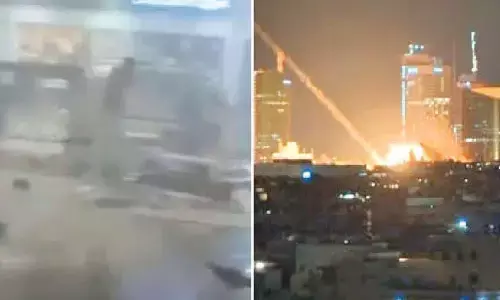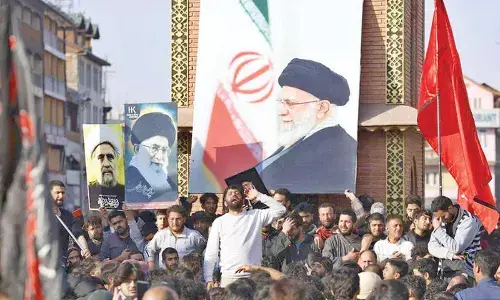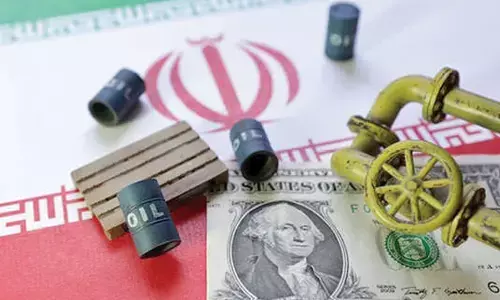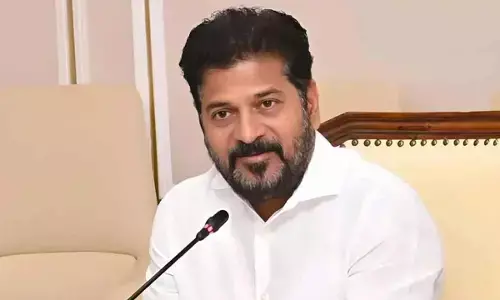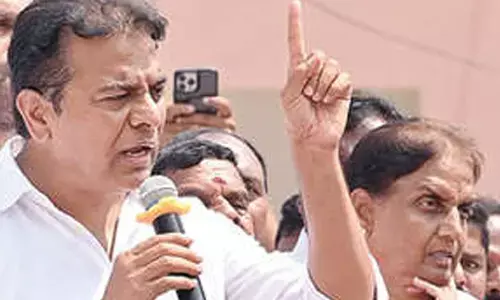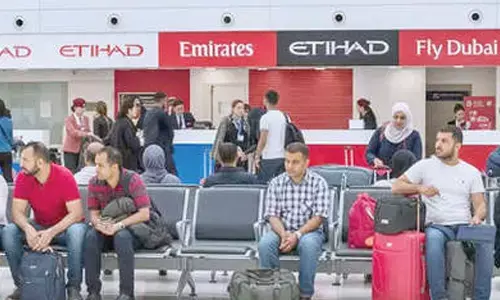SRM faculty receive research grants
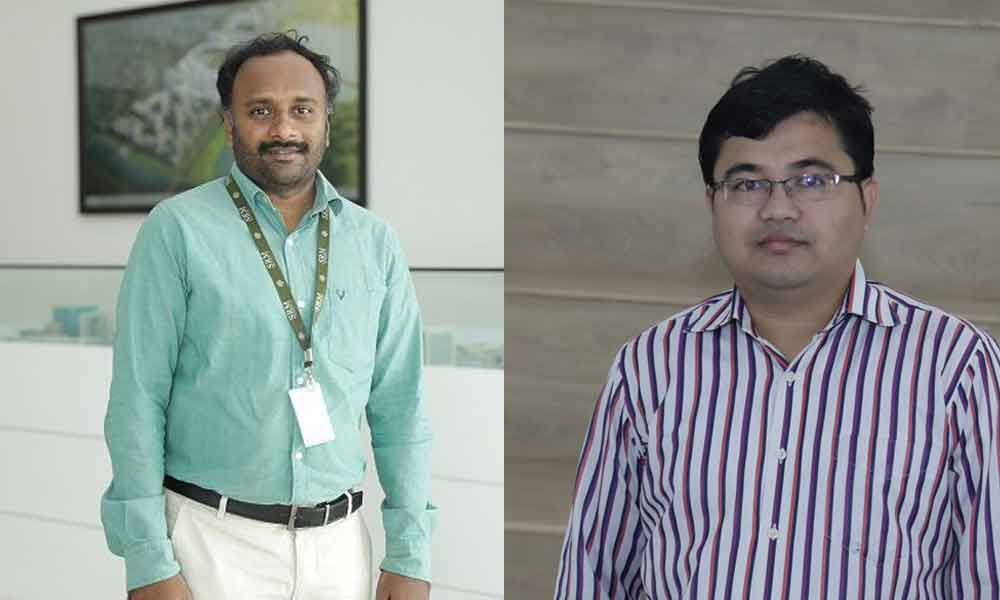
Dr Mahesh Kumar Ravva; Prof Ranjit Thapa
Vijayawada: Faculty members of SRM University-AP were awarded separate research grants by the National Supercomputing Mission (NSM), Government of India. The project titled "Catalysts for CO2 Reduction to C2 Product: Descriptor to Database" has been sanctioned to Prof. Ranjit Thapa, Professor of Physics, SRM University – AP by National Supercomputing Mission (NSM), supported by Department of Science and Technology (DST) in collaboration with the Ministry of Electronics and Information Technology (MeITy), Government of India.
The first-year grant of 28 lakh has been received for implementation of the project. Prof. Ranjit Thapa as the project leader has started the work to search the best catalyst to convert CO2 into useful product and hence solving the problem of climate change due to large production of CO2 through different sources.
CO2 is a known greenhouse gas and key reason for global warming and climate change. Can we challenge mother nature by converting CO2, a greenhouse gas into energy with required efficiency? This is a mystery and a mammoth problem and a much-needed problem to be solved with a fundamental approach.
Prof Ranjit Thapa believes that metal nano catalyst on support materials can solve the problem and can increase the efficiency of CO2 reduction to C2products, viz., ethylene (C2H4) and ethanol (C2H5OH). Experimental approach to find the best catalyst for CO2 reduction needs enormous funds and trials, and a long time is required to develop the exact catalyst for industry application.
Dr Mahesh Kumar Ravva, Assistant Professor of Chemistry, SRM University - AP, received Rs 19.92 lakh as the first instalment from DST-National Supercomputing Mission (NSM).
The project's main aim is to understand the critical factors that influence the performance of organic solar cells. Using the supercomputer, his research group will model the electronic process that occurs during solar cell operation. Prof V S Rao, Vice-Chancellor, SRM University – AP and Prof. D. Narayana Rao, Pro Vice Chancellor, SRM University – AP congratulated Prof. Ranjit Thapa and Dr Mahesh Kumar Ravva.


